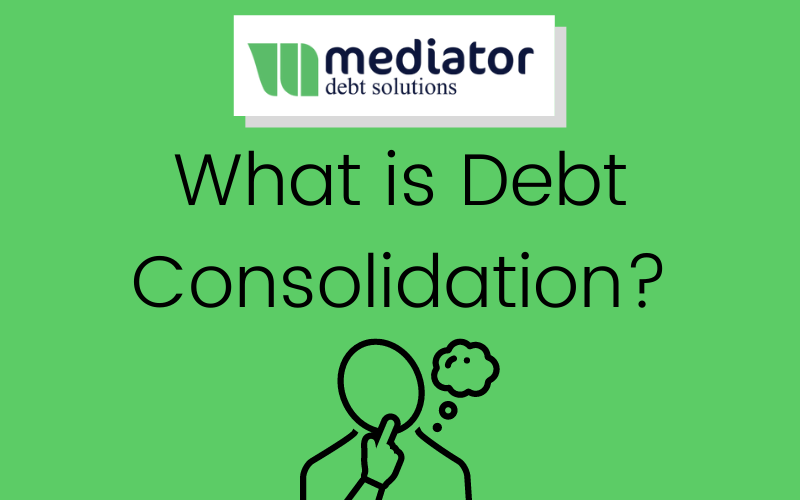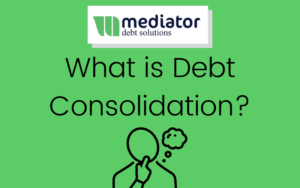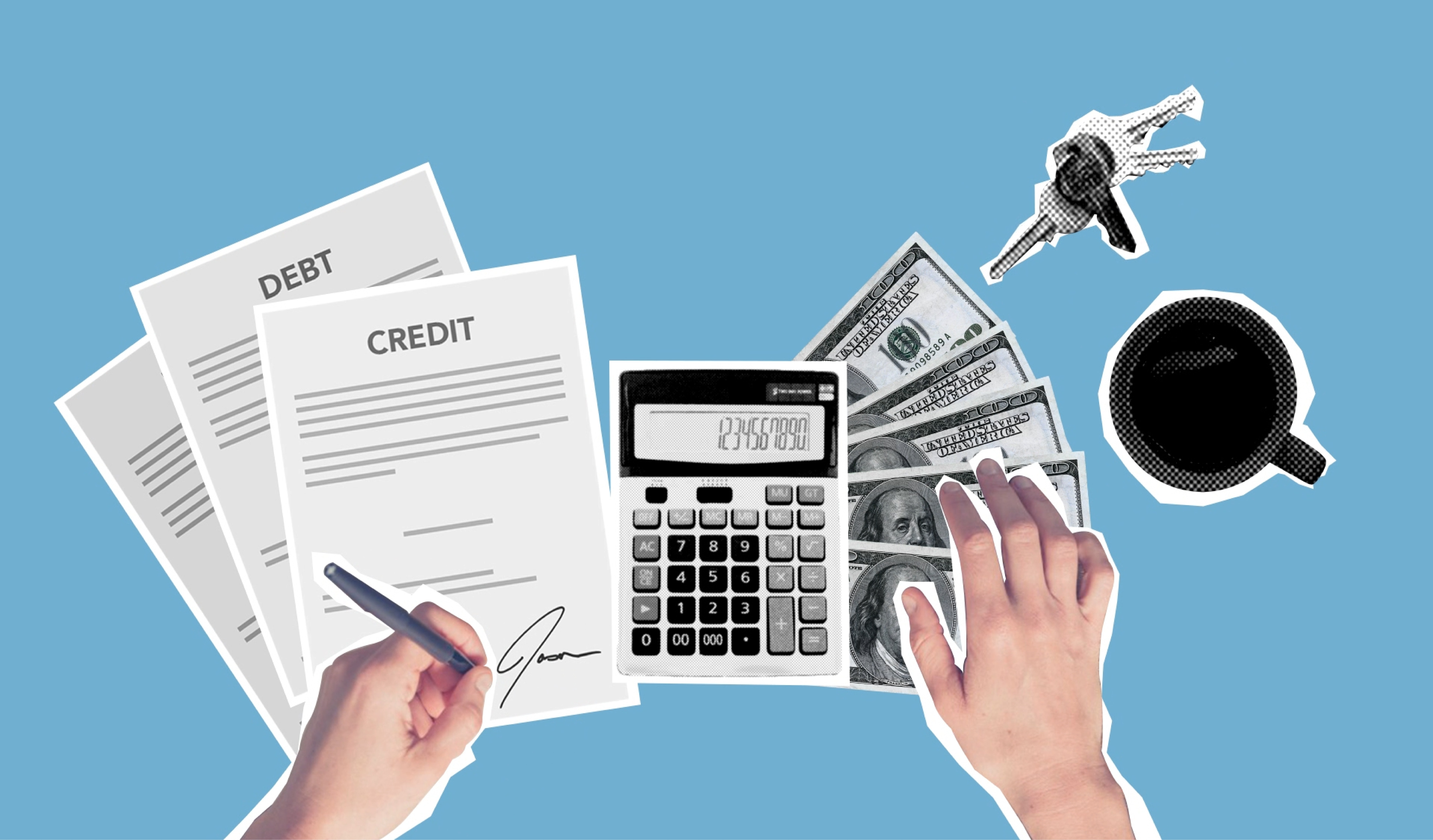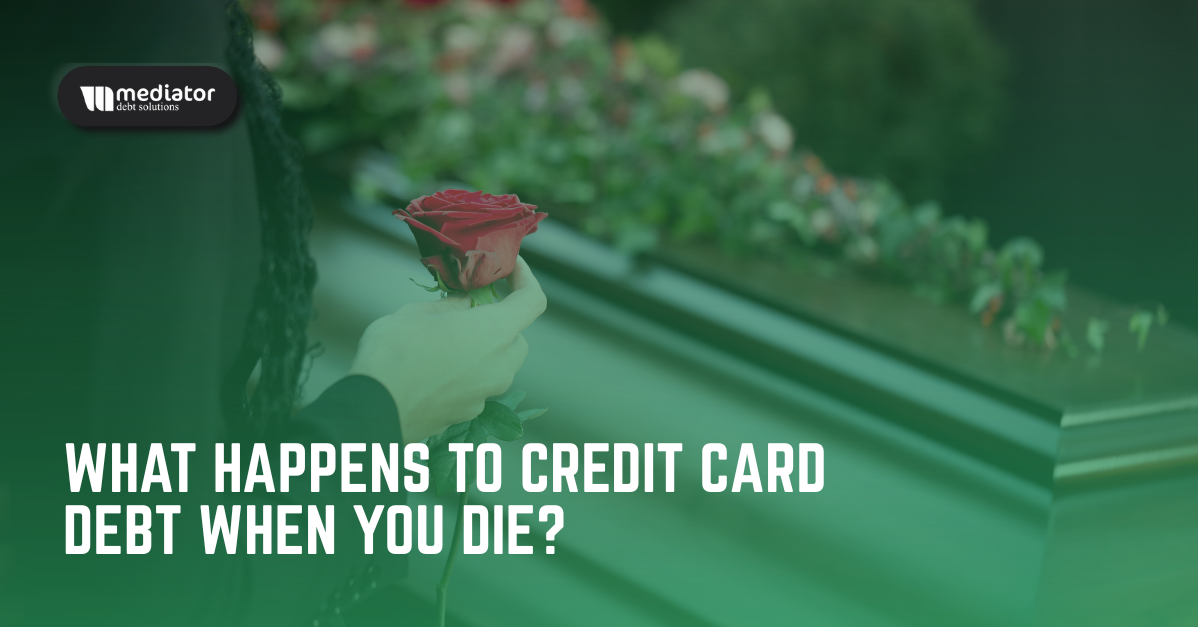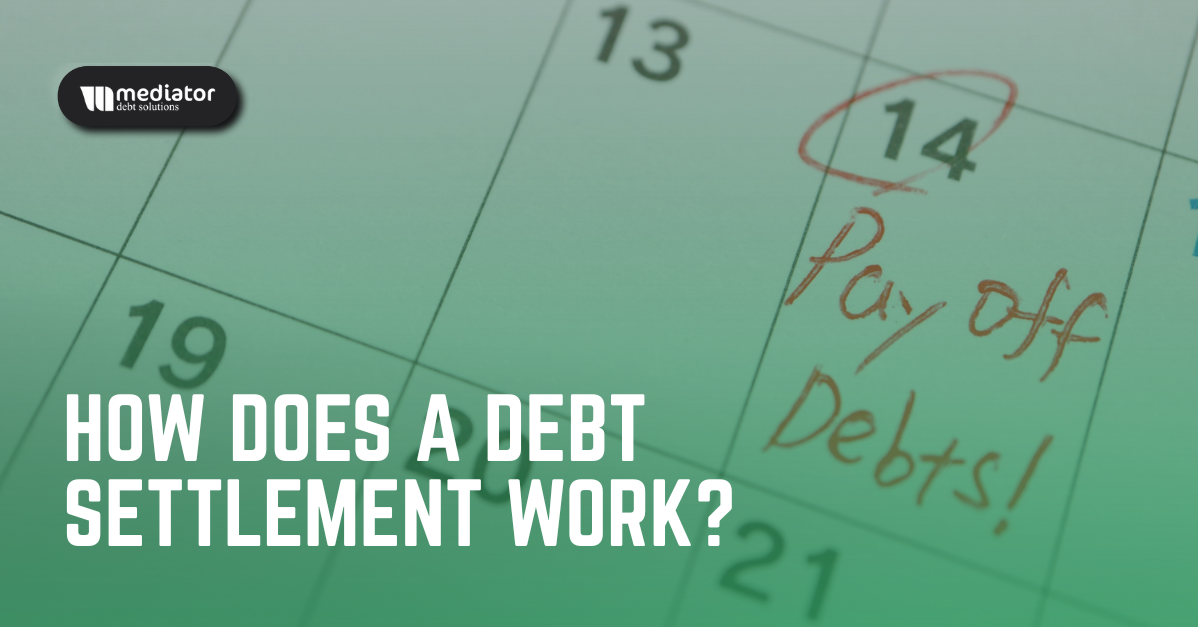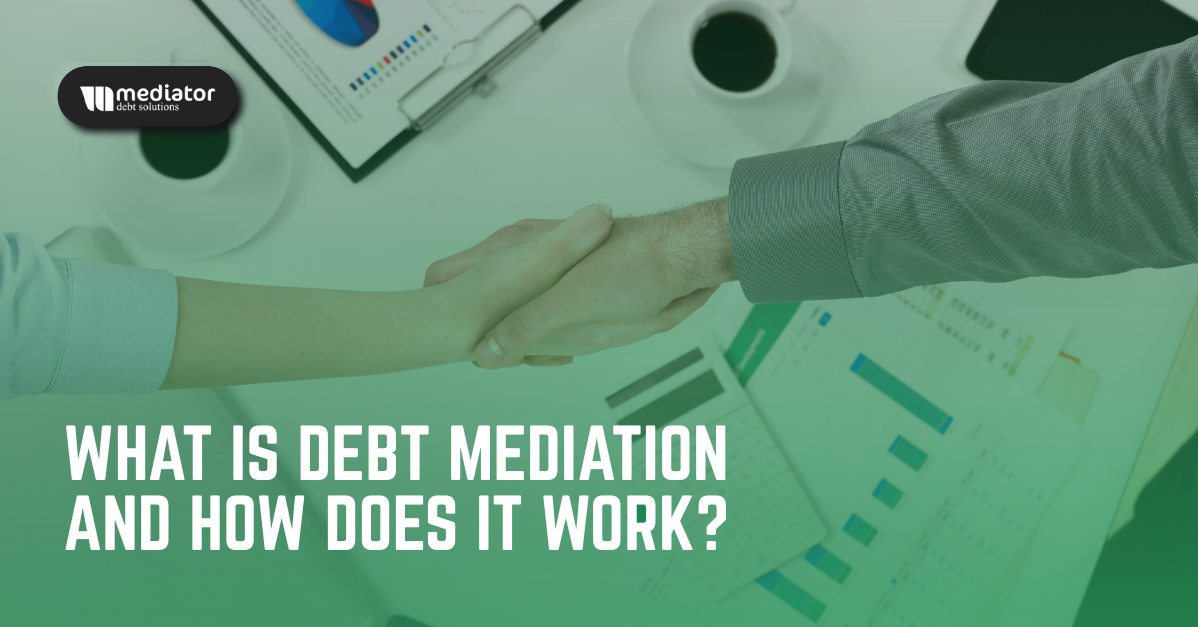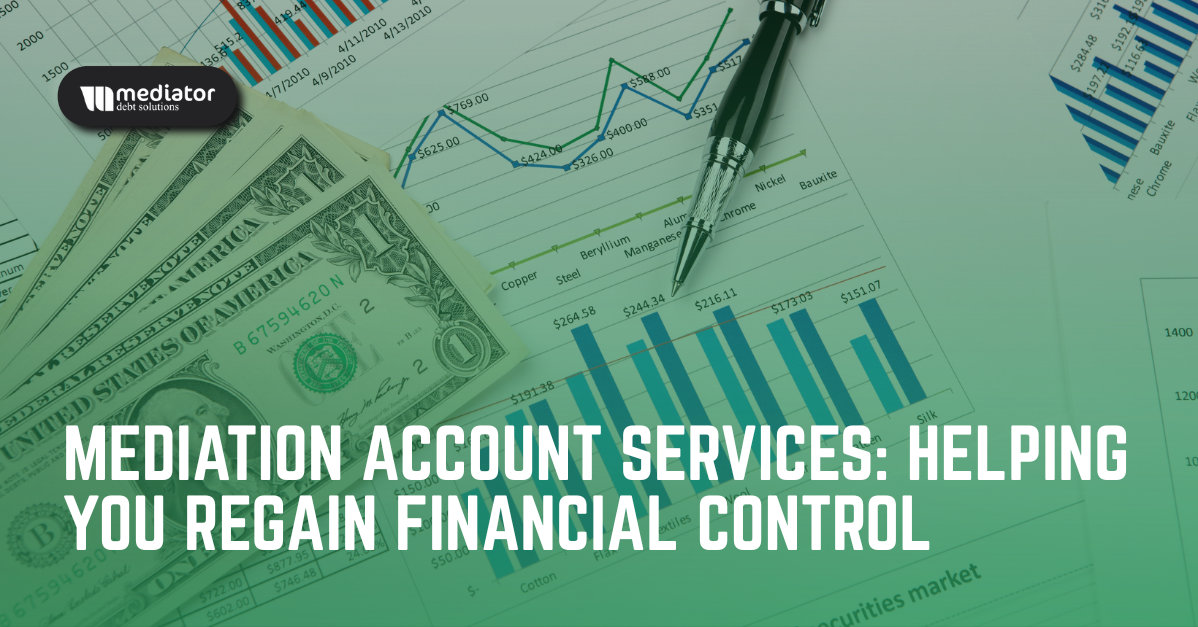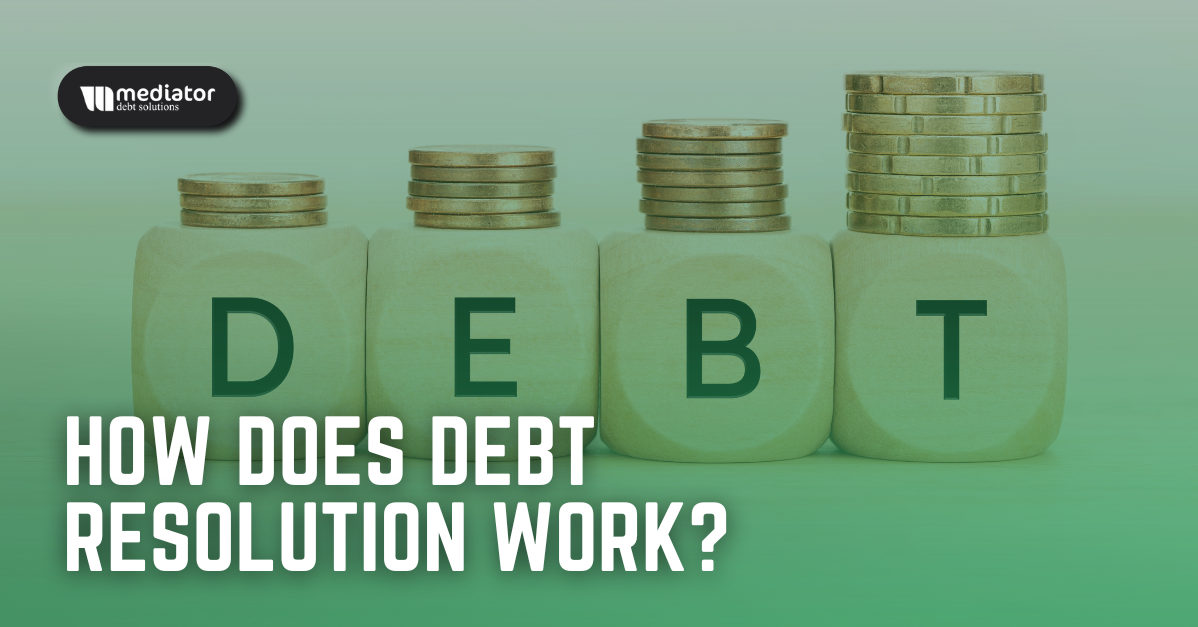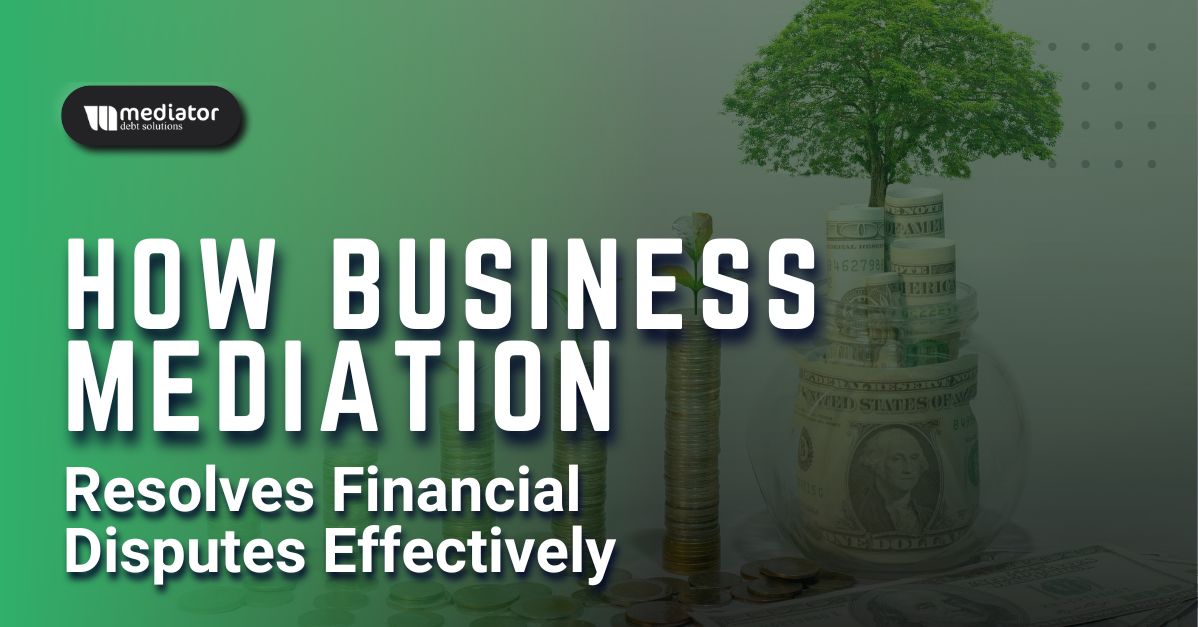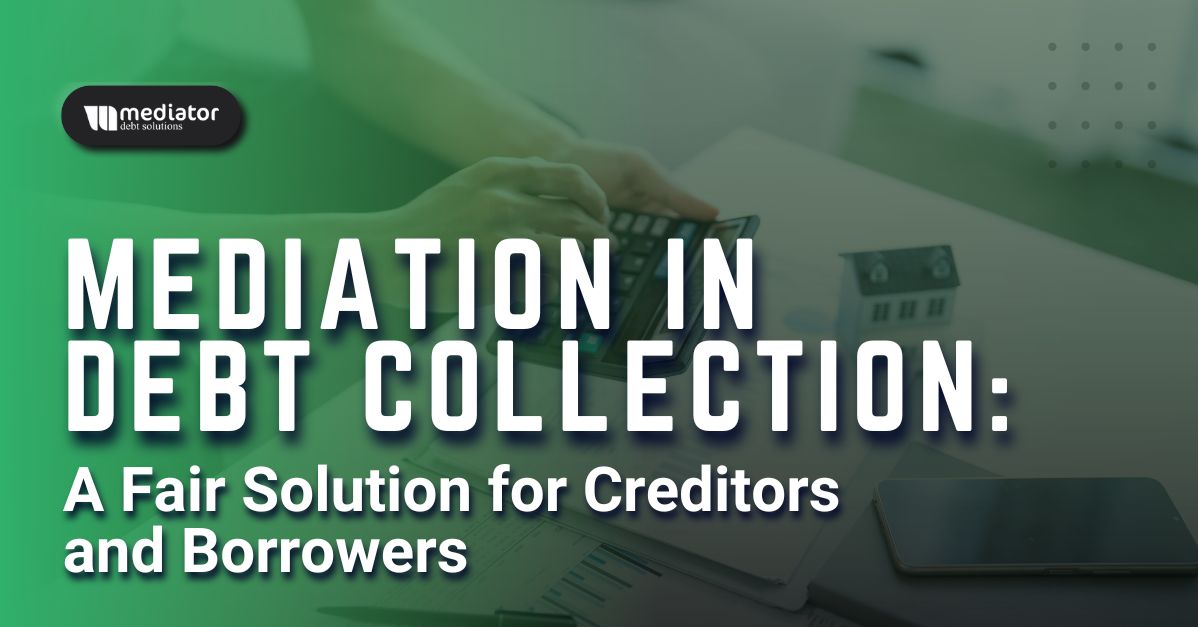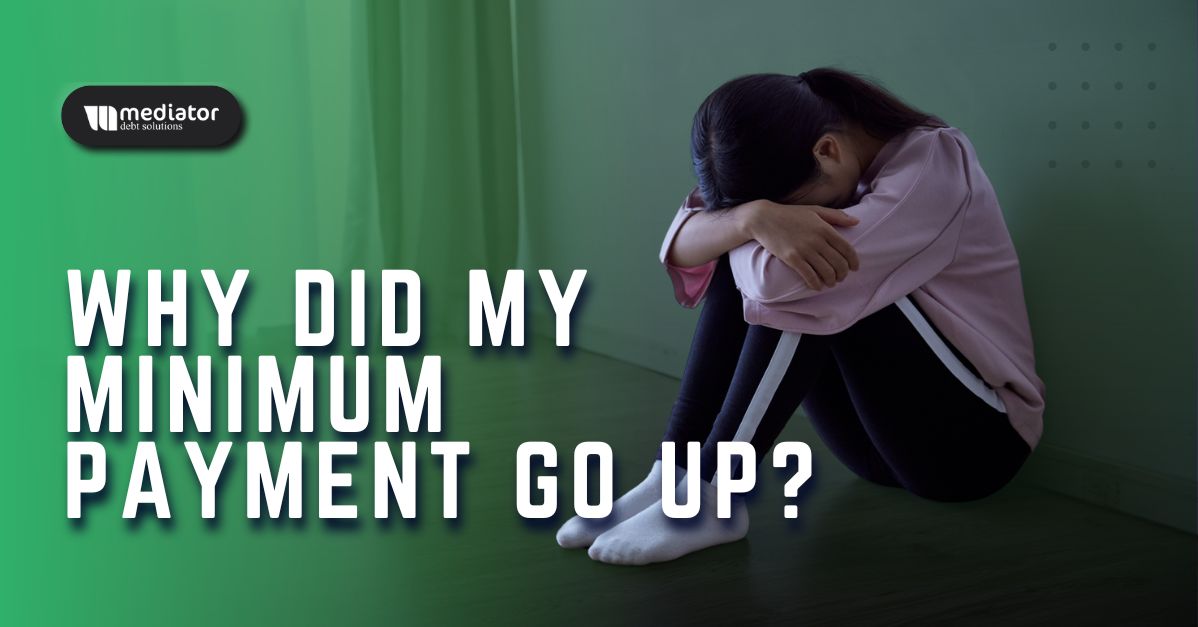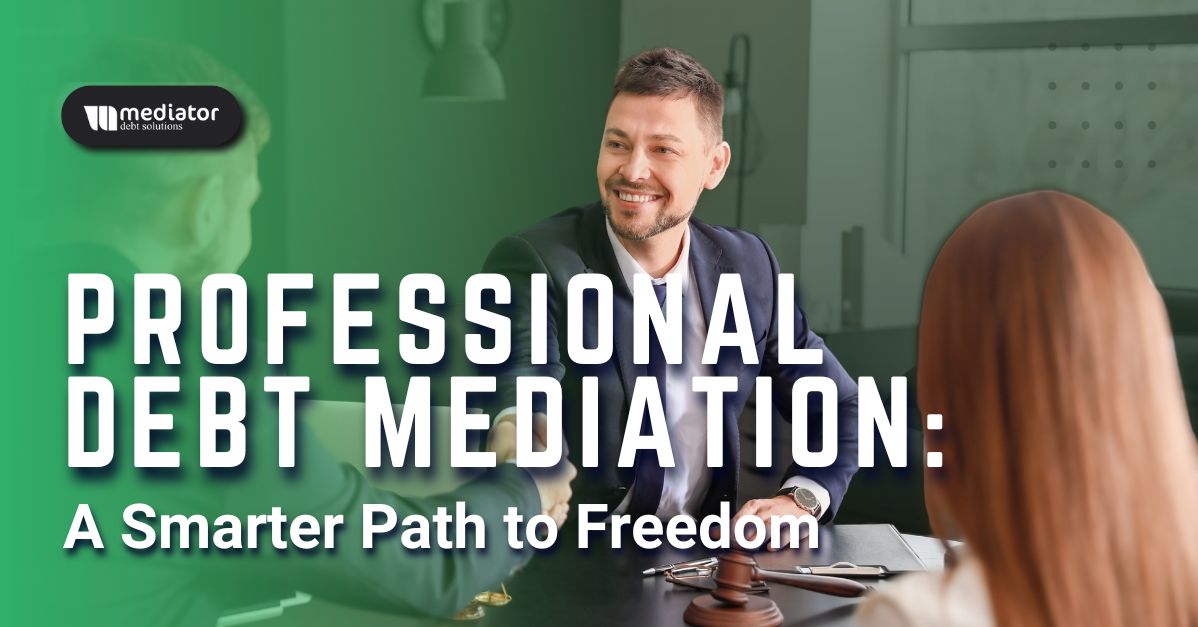Have you ever heard the phrase, “Digging a hole to fill another one”? If you have and never understood it before, now you will. When we as human beings find ourselves in a pickle, we always try to find a way out. But when it comes to personal finances, it can be a little tricky to find a solution. So, what happens when we find ourselves in quite a large pickle, like too many debts? The fastest way out is paying it all. But, wait…Is this even possible? Of course! All thanks to debt consolidation.
What is debt consolidation? In basic terms, it’s when you take a new, lower interest loan and using it to pay off all your debts. These debts can include credit card balances, auto loans, student debt, and many other personal loans. But this can only work if you’re dealing with a manageable amount of debt. But, isn’t this the same as debt settlement? Not even close.
To sum it up, debt settlement involves hiring a third-party company to negotiate a lump-sum payment that each of your creditors will accept instead of paying the total outstanding balance. Now debt consolidation requires you to pay your full debt balances (without any negotiation) using funds from a new loan. Basically, “digging a hole to fill another”. But, is this even safe or a viable option. Yes, and many debt settlement companies may even recommend you do this first if you don’t have many debts and wish to get rid of them. So, where do we begin?
Even though there are many ways we can tackle this, these are the two primary ways to do it:
One: Transfer all of your debts onto a 0% interest balance-transfer credit card and pay the balance in full during the promotional period. But for this, you will need a great credit score (like 690 or higher) in order to qualify.
Two: You can apply for a debt consolidation loan and the lender can (in most cases) use the money to pay off directly all the borrower’s existing debts or will give you the money to do it yourself. If this is your weapon of choice, all you have to do afterward is make a single payment on the new loan each month. To qualify, you can have either bad or fair credit (689 or below), but if your credit is higher, you will likely qualify for the lowest rates.
Having said all this, is it really worth it? If you are committed to paying off the full amount of your debt under a consolidated loan, then the answer is yes. Or if you are even comfortable with paying a loan over a longer time period, then the answer is also yes. But, if you’re not even sure if you will be able to pay off the new debt consolidation loan or don’t know how to even manage your debts and finances now, then the answer is no. It’s certainly not for everyone but, it has helped millions of Americans get back on their feet.
What is Debt Consolidation? Review
Whether you decide to tackle your debts with debt consolidation or not, having them off your shoulders is worth it. Many families are plagued by debt. In fact, 30,000 people declared bankruptcy in January 2021. But there are better options out there. At Mediator Debt Solutions, our number one priority is helping you embark on your debt-free journey once and for all. Let us help you with your debt today.

